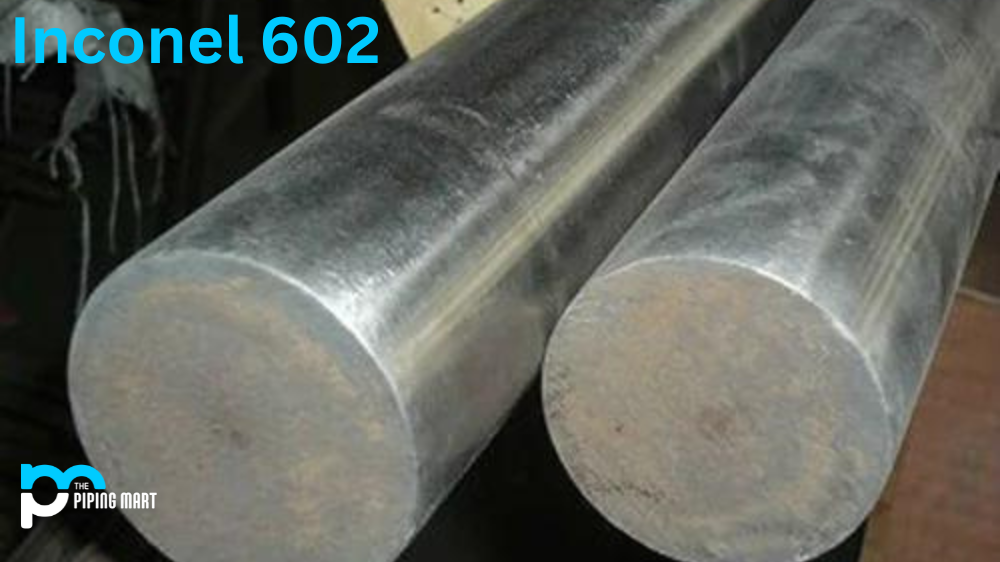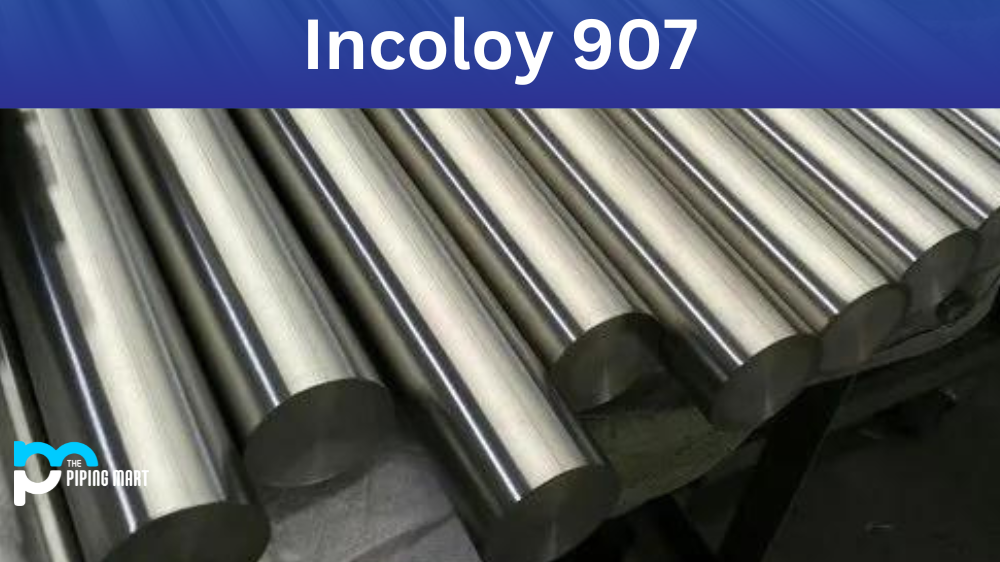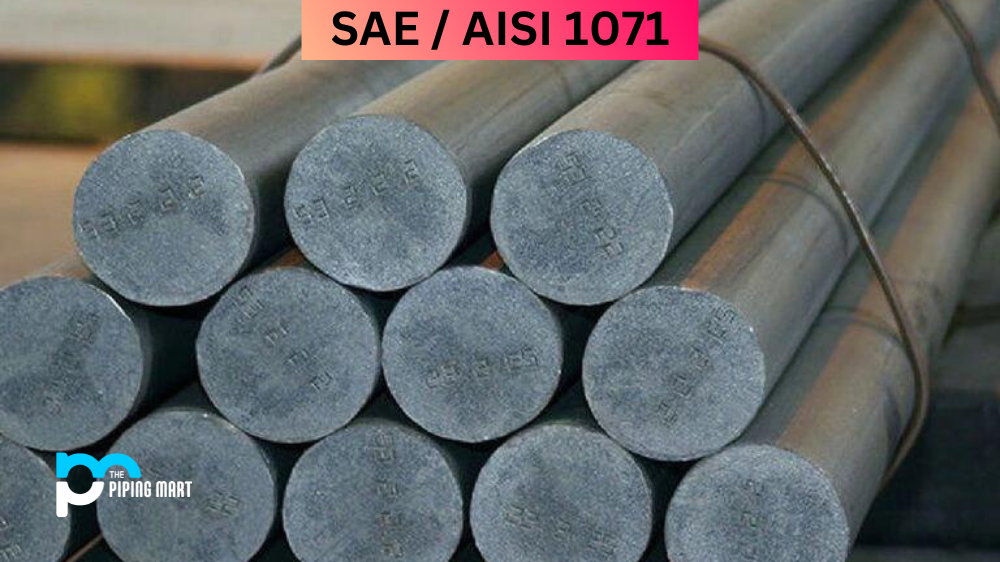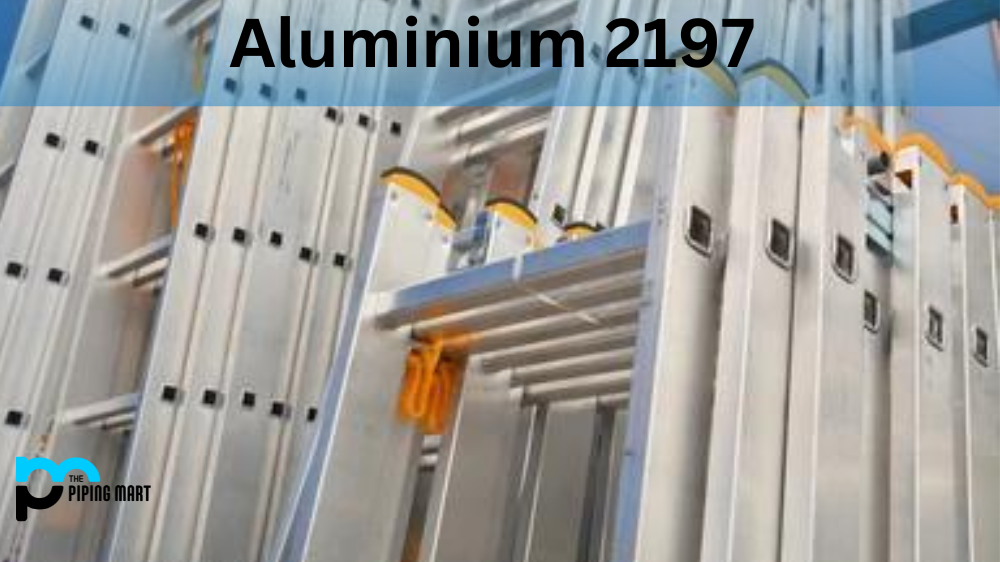Inconel 602, also known as alloy 602, is a high-temperature alloy resistant to oxidation, corrosion, and heat. This material is designed to perform well under extreme conditions and is commonly used in aerospace, chemical processing, and nuclear power industries. This blog will closely examine the composition, mechanical and physical properties, uses, corrosion resistance, heat treatment, machining, and welding of Inconel 602.
Inconel 602 Composition
Inconel 602 is a nickel-based alloy with high levels of chromium, aluminium, and titanium. The composition of Inconel 602 gives it excellent oxidation resistance and stability at high temperatures, making it able to withstand extreme environments.
|
Cr |
Ni |
C |
Al |
Ti |
Y |
Zr |
Mn |
Si |
Cu |
Fe |
|
|
MAX |
26.00 |
Balance |
0.25 |
2.40 |
0.20 |
0.12 |
0.10 |
0.15 |
0.50 |
0.10 |
11.00 |
Inconel 602 Mechanical Properties
Inconel 602 is a highly durable material with impressive mechanical and physical properties. Its tensile strength at room temperature is approximately 870 MPa, with a melting point of around 1350°C. At high temperatures, Inconel 602 maintains high tensile strength, and its elongation-to-failure becomes more significant, demonstrating its ductility and ability to bend without breaking.
| Mechanical Properties | Original Value | Comments |
|---|---|---|
| Hardness, Rockwell B | <= 94.3 | soft annealed |
| 91.4 – 103.4 | annealed | |
| 94.3 – 106.6 | cold rolled | |
| Hardness, Rockwell C | 53.6 | tempering temperature- 350°C |
| 59.8 | tempering temperature- 150°C | |
| Hardness, Vickers | <= 215 | soft annealed |
| 200 – 270 | annealed | |
| 215 – 315 | cold rolled | |
| Tensile Strength | <= 700 MPa | soft annealed |
| 650 – 850 MPa | annealed | |
| 700 – 1000 MPa | cold rolled |
Inconel 602 Physical Properties
Inconel 602 is a nickel-chromium alloy with excellent oxidation and carburization resistance, high strength and temperatures up to 1177°C (2150°F). It also offers excellent mechanical properties in both annealed and aged conditions.
Inconel 602 Uses
Inconel 602 is commonly used in various industries, such as aerospace, chemical processing, and nuclear power. Its high-temperature strength and good oxidation and corrosion resistance make it ideal for gas turbine engines, heat exchangers, and process equipment.
Inconel 602 Corrosion Resistance
Inconel 602 is highly resistant to corrosion in high-temperature environments, making it a popular choice for applications that involve exposure to acids, alkaline solutions, and saltwater. It also shows excellent resistance to chloride-induced stress corrosion cracking, making it highly popular in nuclear and chemical processing industries.
Inconel 602 Heat Treatment
Inconel 602 can be heat-treated by annealing, quenching, and ageing, enhancing its mechanical and physical properties. Annealing can help remove residual stress and improve ductility while quenching and aging can significantly improve Inconel 602’s strength and durability.
Inconel 602 Machining
Inconel 602 can be challenging due to its high strength and toughness. However, using the right cutting tools and techniques can help to overcome these challenges and achieve high-quality finished parts.
Inconel 602 Welding
Inconel 602 is a weldable material, and it can be welded using various welding techniques such as Gas Tungsten Arc Welding (GTAW), Gas Metal Arc Welding (GMAW), and Submerged Arc Welding (SAW). When welding Inconel 602, it is essential to use proper welding techniques, as Inconel 602 is prone to cracking when subjected to stress.
Conclusion
Inconel 602 is a highly durable material for applications requiring heat resistance, corrosion, and oxidation. Its unique composition, mechanical and physical properties, and heat-treating capabilities make it a popular material choice in aerospace, chemical processing, and nuclear power industries. Its ability to withstand extreme environments and its resistance to corrosion and stress corrosion cracking make it a valuable material that contributes significantly to many technological advancements.

Abhishek is a seasoned blogger and industry expert, sharing his insights and knowledge on various topics. With his research, Abhishek offers valuable insights and tips for professionals and enthusiasts. Follow him for expert advice on the latest trends and developments in the metal industry.




